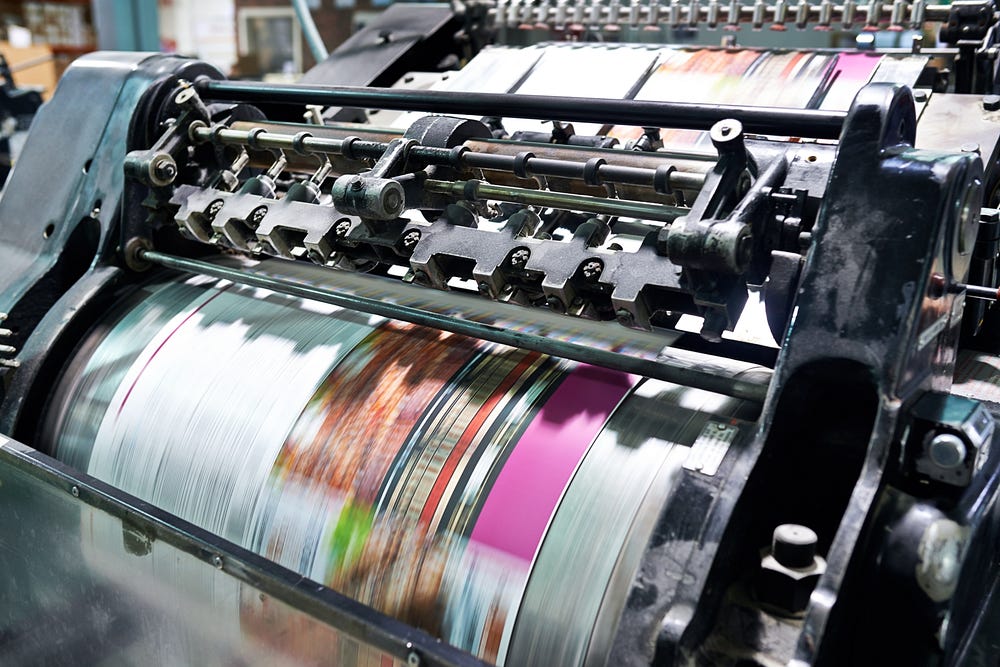My grandparents watched Walter Cronkite. My parents read the New York Times. I grew up on NYTimes.com. What comes next?

The recent United States election has turned a spotlight on the pernicious effects of misinformation. This malicious gossip, misplaced satire, and straight-up fakery has rippled through our social media feeds with such force that it has often crowded out legitimate reporting, obscuring any attempts readers might make to figure out whether it’s true.
One issue is that many media sites have sprung up, motivated by everything from ad-based business models to extreme political views, that exist primarily to spew clickable, shareable propaganda on social networks. (Like this one, which claims Mark Zuckerberg is dead.) These headlines can be so surprising—because, hey, they aren’t true!—that they get more attention than headlines coming from credible news outlets. According to a recent Buzzfeed news analysis, which compared the attention garnered by the top 20 fake news stories over the three months before the election to that coming from the top 20 stories shared by big news sites (you know, The New York Times, Washington Post, et cetera), more people interacted with fake news than real news in the run-up to the election. (Check out their data here.) The fake stuff drew 8.7 million shares, reactions and comments. The real stuff? 7.4 million.
At the same time, traditional media companies are under great pressure to produce credible reporting and distribute it to large audiences across social media’s incredibly diffuse channels. These companies are often legacy businesses that are still investing most of their resources in older formats like print or television. Their newsrooms are under-resourced and their businesses are suffering as advertisers elect to spend less on those traditional formats, moving their dollars to the web.
It is imperative to the future of our democracy that we figure out how to inject vibrancy and credibility into our ailing press. After all, there’s a reason why media has long been referred to as the fourth estate, or the fourth branch of government. The press has always existed to hold the powerful accountable, acting as a watchdog for the laypeople.
What’s more, when our country’s citizens have access to the same information, they can engage in a common conversation. When, instead, we are all reading highly biased information that is shared to our social feeds by people we trust, and people who share our political views, it is much harder to separate out that which is accurate. It’s the most dangerous effect of the filter bubbles that our social feeds have fed.
So who is responsible for fixing this problem, Backchannelers? And how do we do it? Please weigh in below.

אין תגובות:
הוסף רשומת תגובה